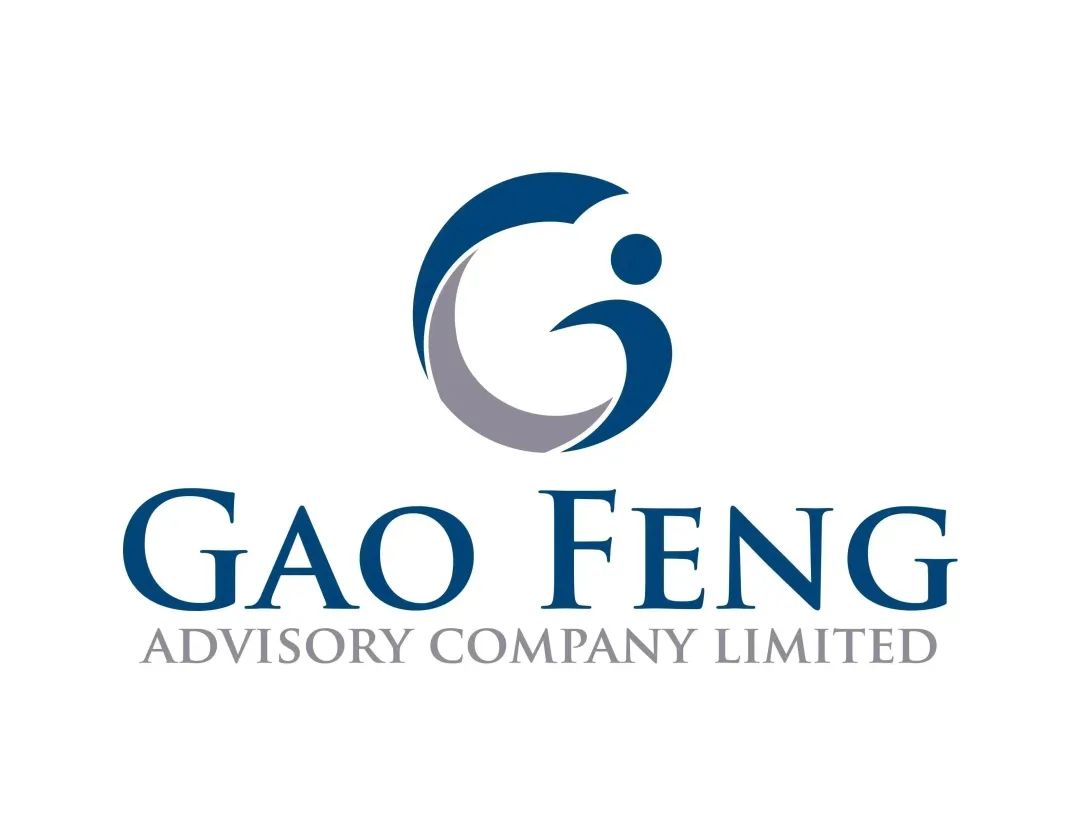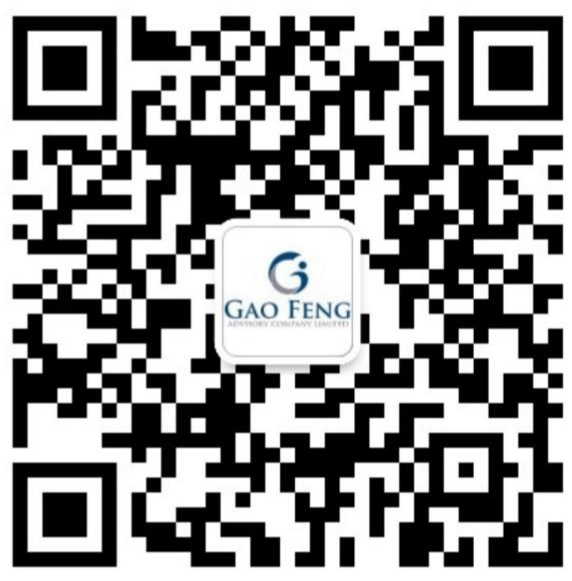SCMP | Prepare for Change

By Edward Tse
Founder & CEO, Gao Feng Advisory
2023-6-6
A recent article authored by Dr. Tse, was originally published by South China Morning Post on 6 Jun 2023, with title in the print version, “Prepare for Change” and that in the online version, "Are Business Leaders Ready for a New World Order with China at the Fore?"
The world is changing. Geopolitics, economics, technology, climate, public health and demographics are all shifting, triggering huge uncertainties. A new world order is taking shape and China’s rise to become a major economic power is a key driver behind the tectonic shifts.
Business decision-makers are baffled by the myriad of questions they need to answer. Is deglobalisation for real or will globalisation, albeit in a different form, continue to prevail and even grow? Is decoupling feasible? If yes, to what extent will it happen and how long will it last? How will new technologies change the way businesses are run? Too many questions, too few answers.
China is at the centre of these questions and, by association, the possible answers. Businesses that engage across borders need to consider China’s growing influence when formulating their strategies.
China’s expanding influence has manifested itself in several ways, including the deal it brokered between Iran and Saudi Arabia, the role it is playing in pushing for peace between Russia and Ukraine, and the leadership it is providing in regional blocs such as BRICS (Brazil, Russia, India, China and South Africa) and the Shanghai Cooperation Organisation. On May 19, China and five Central Asian countries signed a landmark declaration agreeing to build a community with a shared future.
China continues to be a major contributor to global economic growth and is a major trading partner to most countries in the world. Technological innovations in China will continue to advance across many areas such as fintech, new energy, renewables, intelligent manufacturing and life sciences, using key technologies such as artificial intelligence, blockchain, quantum computing and new materials. Progress will also be made in high-end chips, and many suspect that US sanctions may not be sustainable.
Obviously, the possibility of negative scenarios exist. An extreme case would be an all-out military conflict or complete decoupling. While we shouldn’t totally rule these out, they are unlikely in the near term. As such, global businesses need to seriously contemplate their strategies for the emerging world order, which may arrive a lot sooner than expected.
In this new world order, China is likely to play a key role. The International Monetary Fund expects China to contribute 22.6 per cent of world economic growth over the next five years. Two key “discontinuities” took place recently. In 2021, the combined gross domestic product of BRICS nations exceeded that of the G7 countries on a purchasing power parity basis while, in the first four months of this year, China’s exports to belt and road countries exceeded its exports to the US, Europe and Japan combined.
Although labour-intensive supply chains have been migrating out of China for well over 15 years, new supply chains of more sophisticated products, such as new energy vehicles, renewable energy equipment and electrical instruments, have also emerged. The yuan is playing an increasingly significant role in global financial settlements, driving a recalibration of the US dollar’s dominance.
It is critical for carmakers to have an effective presence in China because cutting-edge innovations in electric vehicles, including intelligent and connected car designs, are happening there. Competition from local Chinese companies is stiff but not being in China can lead to a company being marginalised over time. Ford Motor Company’s CEO Jim Farley recently underscored China’s superiority in EVs, battery technology and intelligent connectivity for vehicles; for Ford, staying in China has become an imperative.
For semiconductor firms, pulling out of the China market can hurt long-term competitiveness significantly; US sanctions are twisting the economic logic of this industry. Both Intel’s CEO Pat Gelsinger and Nvidia Corp’s CEO Jensen Huang have recently indicated that the Chinese market is crucial and hard to replace.
When Tesla’s Elon Musk and JP Morgan’s Jamie Dimon made their high-profile visits to China recently, they were sending a strong message on behalf of major US businesses and the finance community that engagement with China was a priority.
The middle class is growing not only in China but also in many other countries in the Global South. In Asean alone, the middle class is expected to double by 2030, growing to 334 million. While one should not discount Western countries, the geographical distribution of demand for consumer products, food and agricultural products, vehicles, smart devices, pharmaceuticals, industrial products, financial services, and travel and tourism is going to change enormously in the coming years.
The growing role of China and other major nations in the Global South implies that the supply side will also become more competitive as companies from these countries offer better value than that which the West is accustomed to providing.
Business decision-makers need to sort out what is fluff and what is real. When some people say “de-risking”, they imply that China is risky. That may be so, to a certain extent. But the real risk will come from a misreading of what is happening on the larger scale and on a wider horizon.
Despite short-term turbulence, the world will continue to grow, especially in the Global South. Global growth patterns will shift, often in a discontinuous manner. Global business leaders must reimagine the world of the future and plan their strategies against the backdrop of such a vision.



Gao Feng Advisory
Gao Feng Advisory Company is a professional strategy and management consulting as well as investment advisory firm with roots in China coupled with global vision, capabilities, and a broad resources network
Wechat Official Account:Gaofengadv
Shanghai Office
Tel: +86 021-63339611
Fax: +86 021-63267808
Hong Kong Office
Tel: +852 39598856
Fax: +852 25883499
Beijing Office
Tel: +86 010-84418422
Fax: +86 010-84418423
E-Mail: info@gaofengadv.com
Website: www.gaofengadv.com
Weibo: 高风咨询公司
